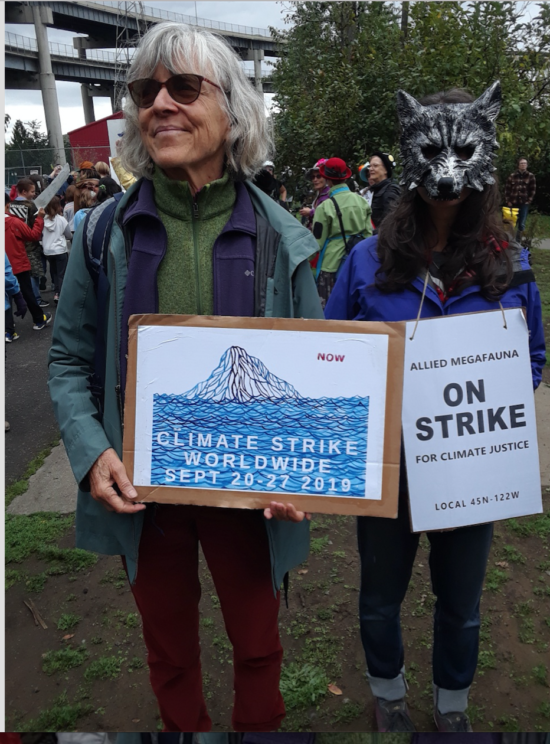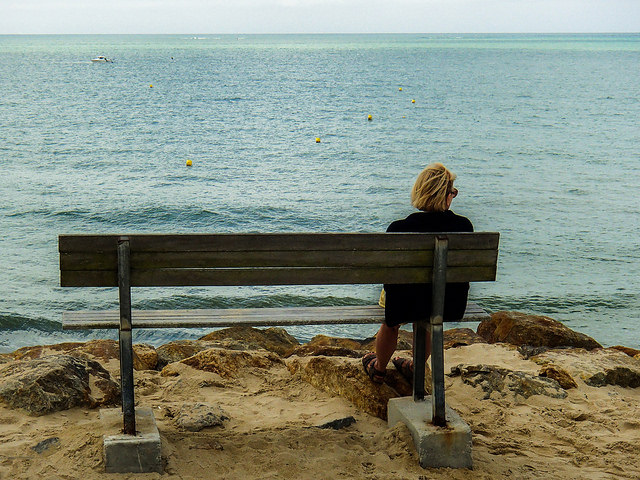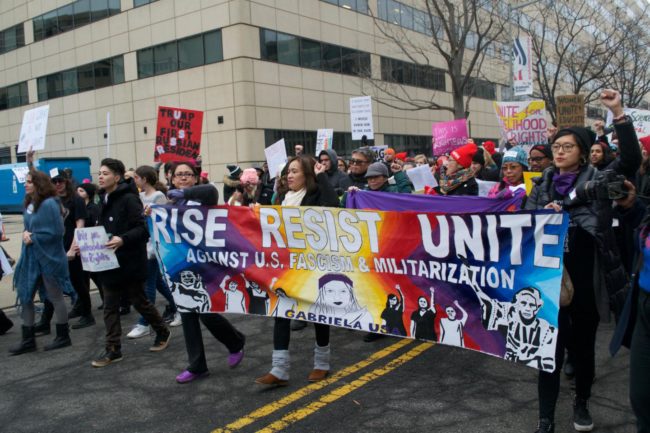During my church’s coffee hour this past Sunday I found myself in conversation with a politically concerned young woman who was eager to discuss Michelle Goldberg’s New York Times op-ed, “Democracy Grief is Real.” The gist of the essay is that Trump has induced profound political despair among liberals. My companion felt validated by receiving an explanation for the depression she’s been feeling.
I listened to my friend go on over Trump’s latest mean-spirited Executive Order to cut food stamp allotments. While there’s a need to vent about Trump’s cruelty, we can’t get stuck here. Rather than obsessing over his tweets, we have to put our energies into stopping him.
We can’t be passive observers. We have to do more than take refuge in the dim hope that Trump will be impeached or that a rising star like Buttigieg will become the next President and right our country’s course.
What will save us is direct action, or as Chris Hedges wrote in this week’s Truthdig column, “Hope lies in the streets.”
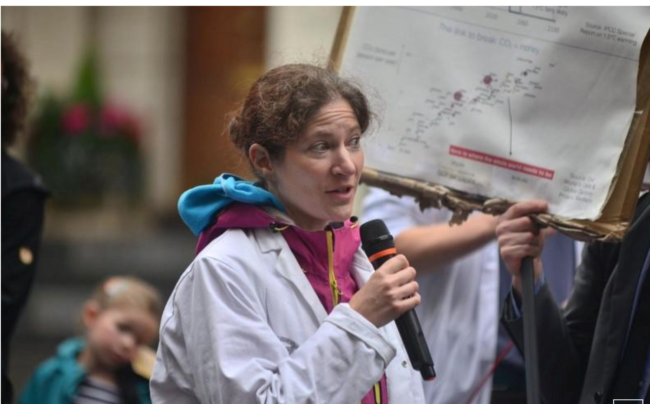
Julia Steinberger, an ecological economist, calling for mass civil disobedience to tackle climate change, London, Oct. 12, 2019
In a recent interview with Anderson Cooper on CNN Jane Fonda commented that she was depressed over Trump until she moved to DC and started “Fire Drill Fridays,” a weekly action that addresses climate change. Fonda has been repeatedly arrested for standing her ground during the protests, which have enlivened her, telling Cooper, “Activism is the greatest antidote to despair.”
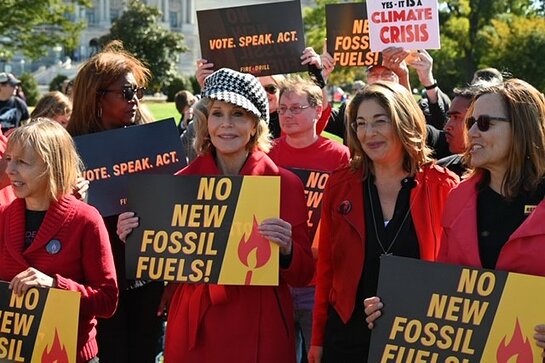
“Fire Drill Friday” with Jane Fonda in the middle; Naomi Klein (author of “On Fire”) to her right and Medea Benjamin (Codepink founder) on her left
Mary Dunn, a retired Maine school teacher, discovered that when she became involved in protesting the separation of migrant children her life took on meaning. Mary traveled to the Mexican border where she volunteered with like-minded souls and saw the direct work of organizations supporting migrant families. Mary’s spirits were raised knowing she wasn’t alone.
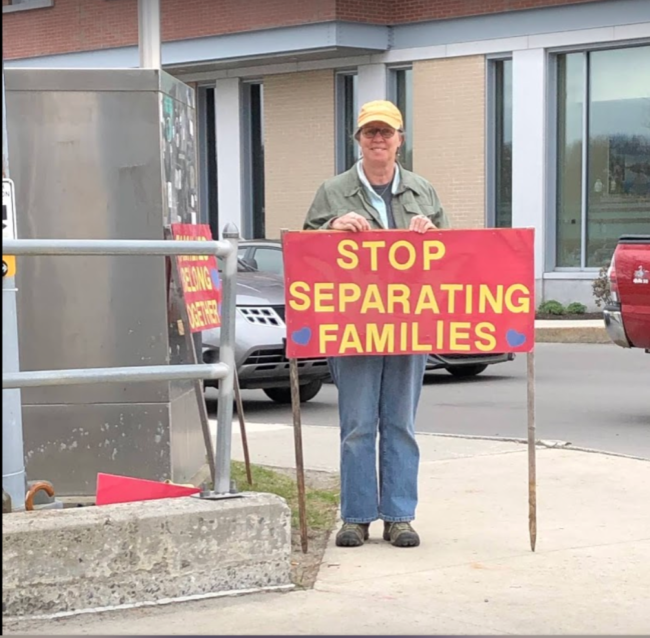
Mary Dunn, a retired Maine school teacher found her despair lifted when she started protesting family separations at the border
In my informal poll asking women how they cope with political despair, over and over they told me that getting involved with an organization that reflects their interests is the best antidote. Some join Extinction Rebellion and gun control protests; others volunteer at organizations helping the homeless or battered women. I know a woman who regularly writes letters to the editor.
Many of my friends swear by alternative news sources for information often left out of the mainstream press. They note online newsletters like “Common Dreams,” “The Intercept,” and TV programs like “Democracy Now” which routinely features footage of global mass movements like the Yellow Jackets in France, a movement fueled by workers protesting high taxes.
My poll respondents agreed on the necessity of taking time off from direct action in order to replenish one’s spirit. Their suggestions included Tai Chi, time in nature, a good book, farmers’ markets, and even “ a few shots of whiskey.”
Clarissa Pinkola Estes, of Women Who Run with the Wolves fame, recently penned the essay, “We were made for these times.” Wondering how I could possible be “made for these times,” I reflected on my own history of political involvement.
As a grad student in DC during the Vietnam War I protested day and night until the war ended. I joined the early feminist marches. I watched the Black Power movement evolve along with gay right organizations. This same era gave new life to artistic expression with bold creativity erupting in painting, music, theater and literature.
If we did it once, why can’t we do it again?
As our conversation wound down, my young church friend looked me in the eyes, saying, “You are among the elders I look up to. We need your input to help us figure out how to move forward.” I was very moved. Talk about a wake-up call! I’m dusting off my protest boots. I hope you’ll join me.

